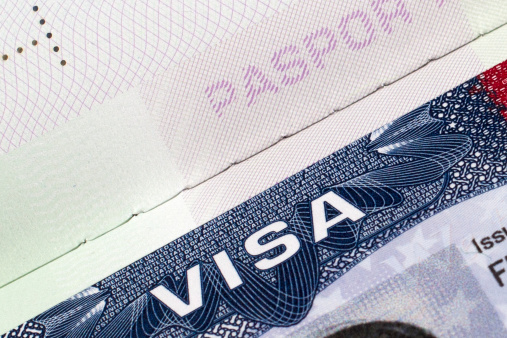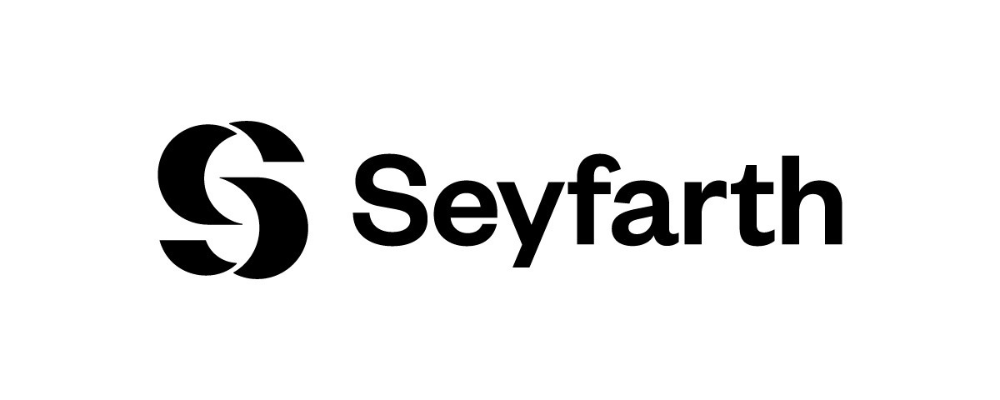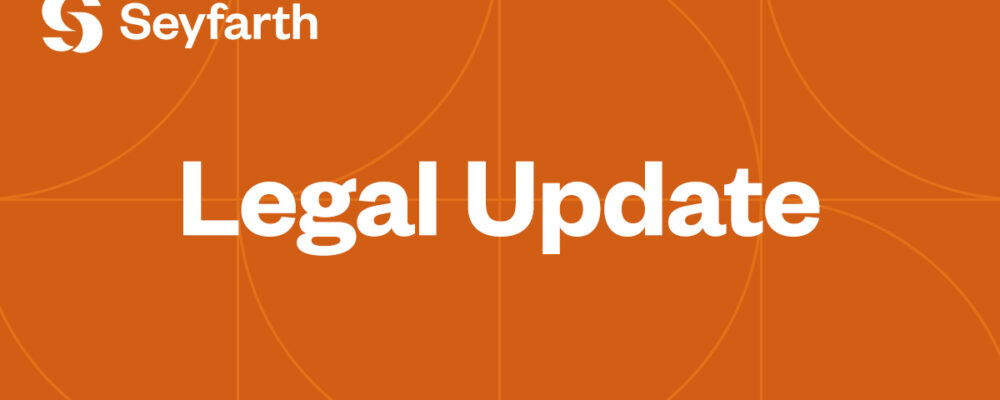By: Rania Abboud
For many highly skilled international workers, securing an H-1B visa in the United States can be elusive. With this year’s lottery results announced, employers find themselves exploring alternative strategies to retain invaluable talent. Among these strategies is the consideration of relocating talent to Canada, where a range of enticing options await.
Exploring Canadian Alternatives: LMIA-Exempt Work Permits:
Canada offers a variety of LMIA-exempt work permits that could serve as a beneficial alternative for those not selected in the H-1B lottery. Here’s a closer look at two significant LMIA-exempt categories:
- Intra-Company Transfers (ICT): Employees of companies that have branches, subsidiaries, or affiliates in Canada may qualify for an intra-company transfer. This is particularly suited to employees at managerial or executive levels, or those possessing specialized knowledge, allowing them to move to Canadian operations without the need for a Labour Market Impact Assessment (LMIA).
- C20 Reciprocity: The C20 category under the International Mobility Program permits certain foreign workers to enter Canada to support significant economic and cultural benefits to the country through reciprocal agreements, bypassing the LMIA requirement.
While the processing times for such applications can be lengthy, particularly when managed from the U.S., there is a strategy that can help mitigate delays: Global Skills Strategy (GSS). This initiative offers expedited processing for qualifying skilled workers, with work permit applications processed within two weeks. This is particularly advantageous for individuals who are in the U.S. and whose temporary visa status in the U.S. may be expiring soon. The work permit options and expedite protocols available may be the answer to providing a swift transition that limits prevents employment interruptions.
Advantages for Employers:
Utilizing LMIA-exempt pathways like ICT or C20 offers several benefits for multinational corporations:
- Continuity and Efficiency: Transfers under these categories help maintain continuity in projects and leverage specialized knowledge which might be lost otherwise due to U.S. visa limitation.
- Strategic Growth: Establishing a stronger presence in Canada allows an avenue for expansion into North American markets more effectively.
- Simplified Processes: LMIA exemptions streamline the legal and administrative burdens associated with international employee transfers.
For key talent in the U.S. who are not selected in the FY2025 H-1B CAP lottery who also do not qualify for any other U.S. work visa, relocating to Canada using LMIA-exempt work permits presents a promising alternative. Options like intra-company transfers and the C20 reciprocity program, coupled with GSS expedited processes, companies can retain critical talent and individuals can continue their professional journeys without major disruptions.
For additional information, we encourage you to contact the author of this article or a member of Seyfarth’s Global Immigration and Mobility team.
“With approximately 900 lawyers across 17 offices, Seyfarth Shaw LLP provides advisory, litigation, and transactional legal services to clients worldwide.”
Please visit the firm link to site






